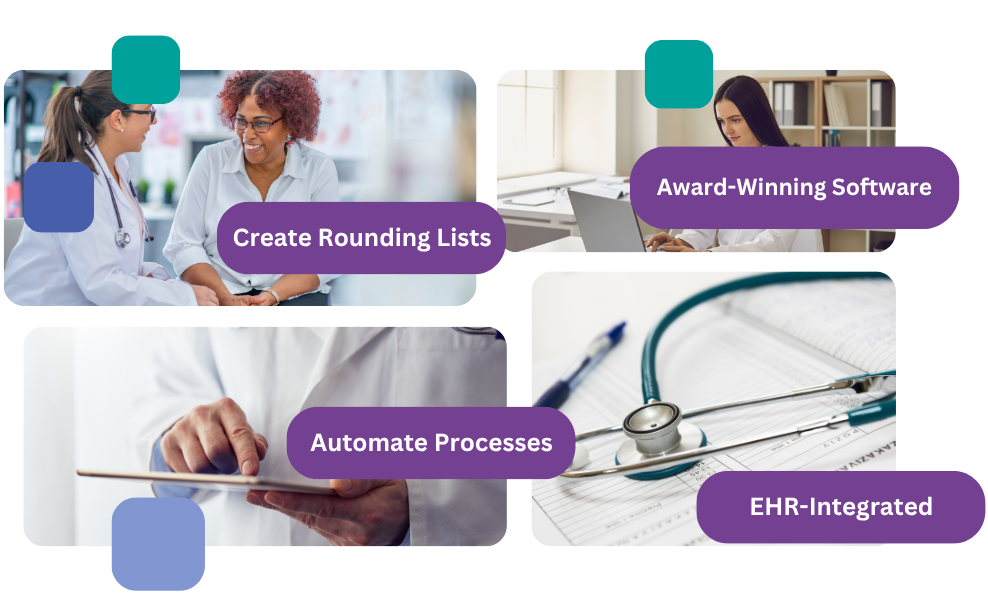Missing Charge Identification
Stop revenue leakage by strengthening charge
identification and reconciliation.

Why Charge Reconciliation Matters
Charge reconciliation ensures that every service provided is accounted for and billed. It involves systematically comparing data across systems—clinical documentation, scheduling, and billing - to uncover discrepancies and omissions.
A strong reconciliation process helps your organization:
Quick Diagnostic: Are You at Risk of Missing Charges?
Wondering if your healthcare organization might have gaps that charge reconciliation could solve?
If you answered yes to even one of these, your organization could be at risk of revenue leakage – and benefit from a more rigorous charge reconciliation approach.
Take this short diagnostic now:
- Do you rely on manual reviews or spreadsheets to reconcile charges?
- Have you ever discovered services documented in your EHR that were never billed?
- Are your scheduling, clinical, and billing systems not fully integrated, requiring manual data checks?
- Have payer audits or internal reviews uncovered underbilling?
- Does your finance team frequently backtrack to track down or correct missing charges
Before & After: The Impact of Charge Reconciliation
Before: Manual or Fragmented Process
After: Structured Charge Reconciliation
Charge Visibility
Charges scattered across EHR notes, schedules, and billing systems. Easy for services to slip through unnoticed.
Centralized cross-system checks ensure every service is captured and billed.
Workflow Efficiency
Staff spend hours manually reconciling spreadsheets or rechecking encounters, delaying billing.
Automated processes quickly flag discrepancies, reducing manual work.
Revenue Integrity
Missed or underbilled charges erode revenue month after month.
Missed charges are identified early and recovered, protecting the bottom line.
Audit & Compliance Risk
Weak audit trails make it hard to defend claims during payer reviews.
Comprehensive reconciliation creates clear, defensible records.
Operational Trust
Finance and clinical teams question the accuracy of charge data, complicating decisions.
Reliable, reconciled data strengthens trust and supports better forecasting.
CoxHealth
Identified thousands of missed charges within 60 days by adopting a structured reconciliation process.
University Physician Associates of New Jersey (UPA)
Streamlined hospitalist workflows and significantly increased monthly charge capture rates.
FAQs About Charge Reconciliation
What is charge reconciliation in healthcare?
It’s the process of comparing clinical, scheduling, and billing data to ensure all services rendered are captured and billed. Learn more.
How does charge reconciliation prevent revenue leakage?
By uncovering missed or underbilled charges before they become systemic financial problems.
Is this just for hospitals or hospitalists?
Not at all. Physician groups, outpatient centers, and multi-specialty practices also benefit. For an example specific to hospitalists, see our post on hospitalist revenue cycle management.
What’s Next?
Charge reconciliation is a critical strategy to identify and prevent missing charges, strengthen your mid-revenue cycle, protect revenue, and ensure compliance.
If you’re ready to explore next steps, see how Charge Pro can help operationalize these practices and automate charge reconciliation.
Get the latest updates and news delivered to your inbox.
Subscribe to our newsletter today.













